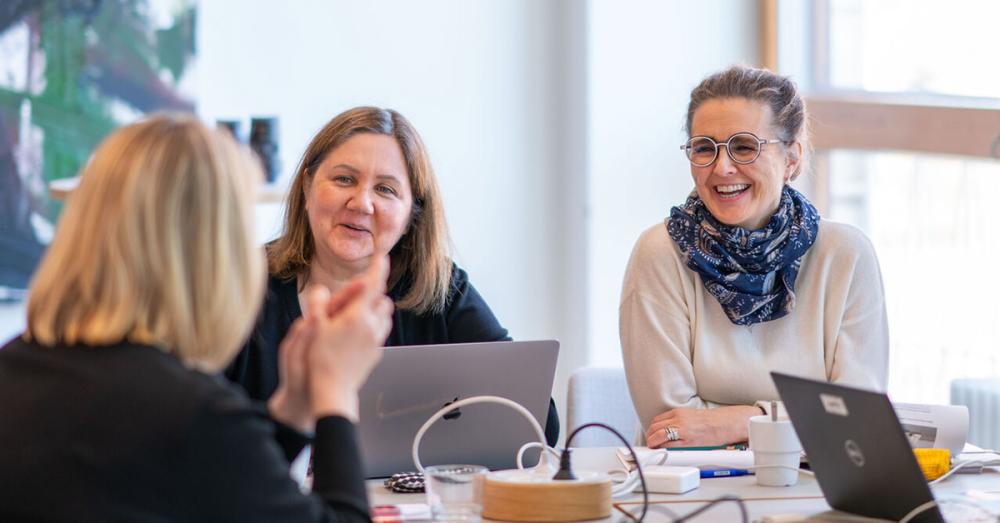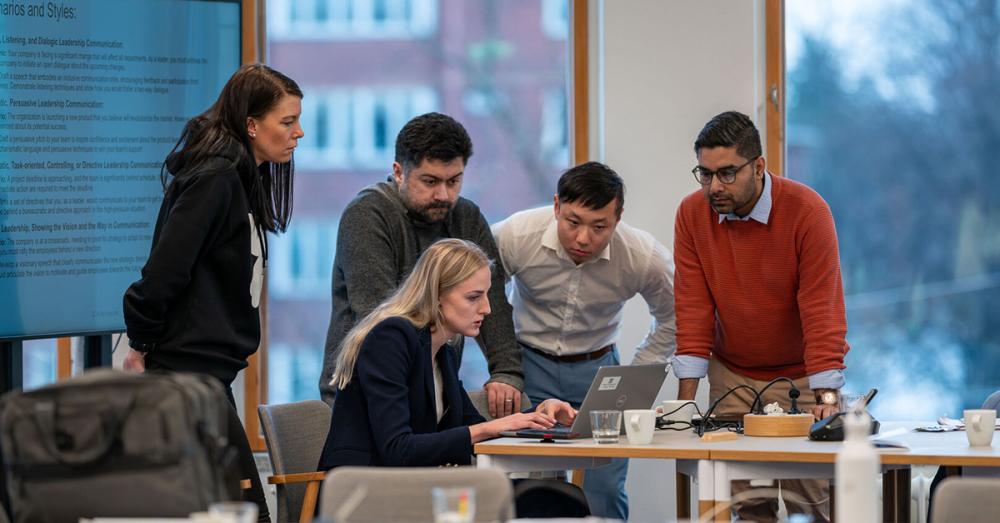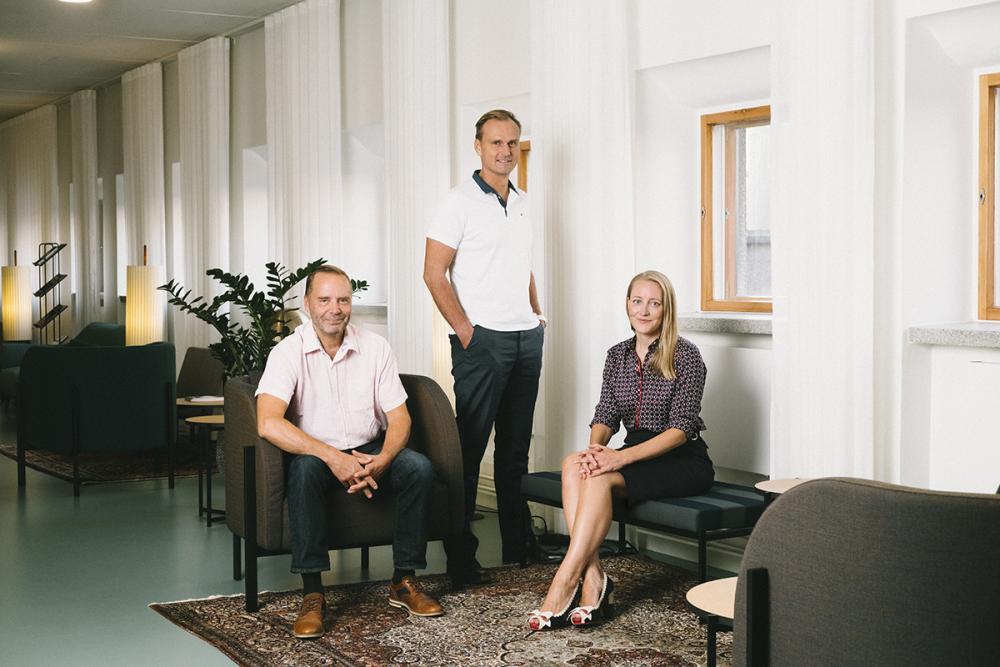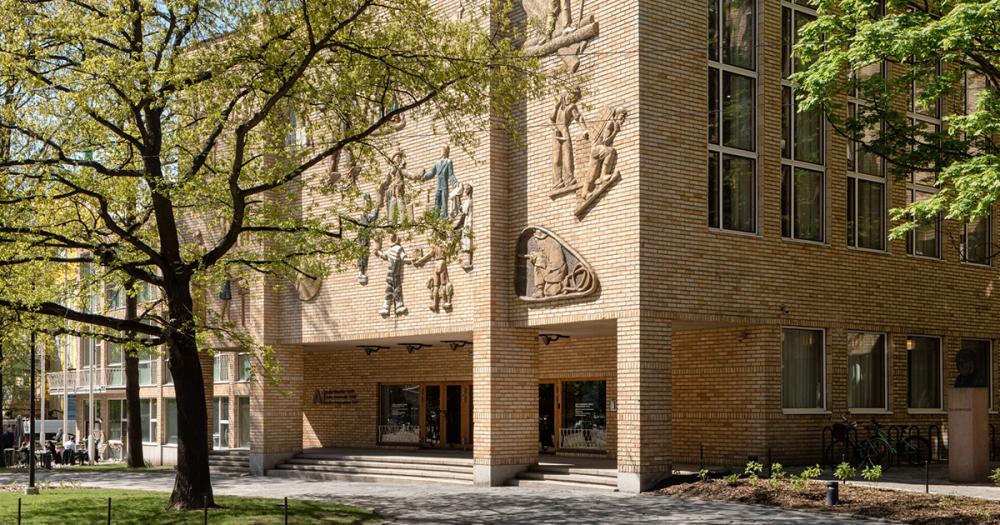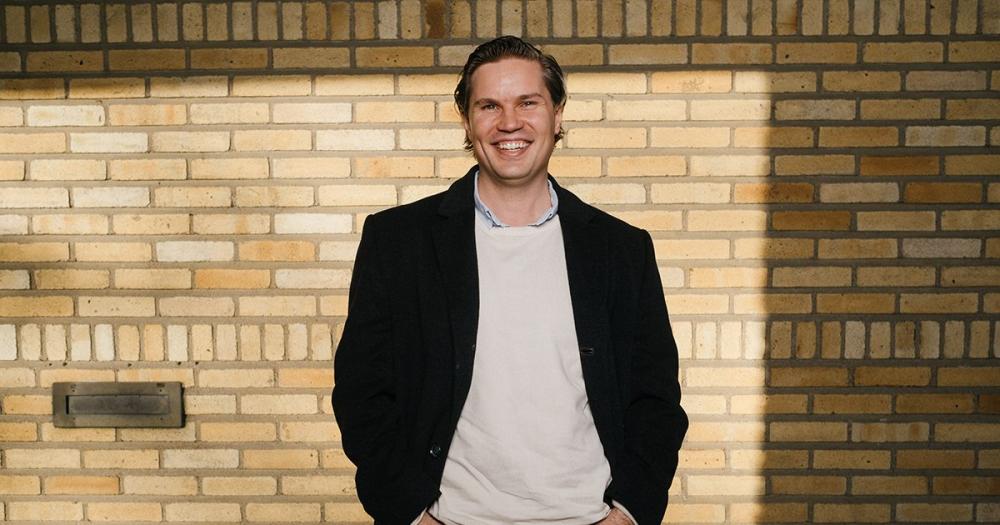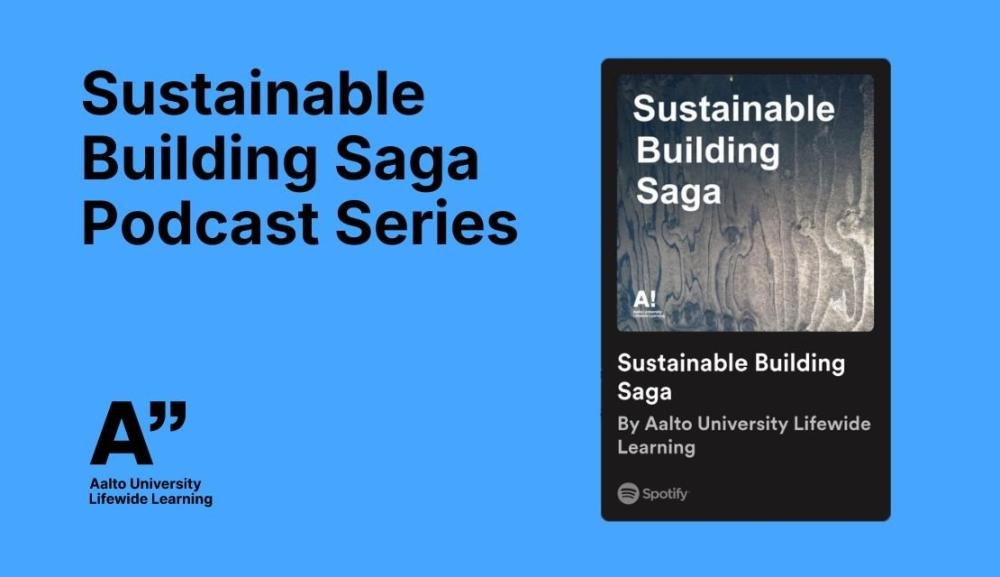Enrollment
By September 2025
Delivery mode
Live online
September - November/December 2025
Frequency
Location
Live Online
Language
English
Scope
Estimated study time: 81 hours, equivalent to 3 ECTS
Sustainable Process Industry with Process Model-Based LCA
European Union has challenging environmental targets, like climate neutrality, by 2050. The process industry is key to these targets because it produces raw materials for the manufacturing industry.
The process industry covers energy-intensive sectors like chemicals, metallurgy, steel, minerals, cement, ceramics, engineering, pulp and paper, refining, and water. The process industry also has a key role in recycling because the same chemical and metallurgical processes and infrastructure, which have been developed for the primary ores and raw materials, may also be utilized to recycle waste materials from the consumption of the manufacturing industry products.
The Sustainable Process Industry with Process Model-Based LCA program supports the EU’s sustainable products initiative to make products placed on the EU market more sustainable. It provides product designers with knowledge and tools to understand how they can adjust existing material cycles and design new processes to optimize the environmental performance of batteries while maintaining their functional quality. Applications include electronic equipment such as computers, phones, and tablets, the automotive and aeronautic sectors, and sustainable energy-related technologies.
Start
Fee: € 1,350 (+ VAT)
The program fee is € 1,350 (+ VAT).
The program is designed and developed by Aalto University, Metso, TU Bergakademie Freiberg, University of Bordeaux, Wroclaw University of Science and Technology, Technical Research Centre of Finland Ltd. VTT and Aalto University Executive Education.







Learning Outcomes
After the completion of this program, you will
- understand the basic benefits of Process Model Based LCA
- create flowsheet simulation models based on elemental distributions (pyro, etc.), chemical reactions (hydro, etc.), and particles (mineral processing, etc.)
- link process models to LCA calculations and convert sustainability into physics-based and process engineering economic reality
- analyze LCA, energetic, and exergy of production chains by the utilization of HSC Chemistry®, OpenLCA, and ecoinvent
- create sustainability analyses of processing and recycling of end-of-life products in the context of battery metals production and battery recycling.
Program Structure
This program is divided into two parts. The participant may choose to join the core module only or also complete the voluntary add-on simulation module that focuses on real HSC Sim LCA cases and calculation exercises.
For
The program is suitable for people with an educational background in chemistry, metallurgy, mineral processing, process modeling, or sustainability technology.
We recommend that participants have prior experience in chemistry, metallurgy, mineral processing, modeling, or LCA.
This program is particularly relevant for
- Process engineers
- Process designers
- Technology marketing experts
- Environmental protection experts and
- Experts who work in process plants, technology companies, power plants, pulp and paper industry
- Authorities
Program Fee and Registration
The program fee is € 1,350 (+ VAT).
Participants may choose to complete this program as a standalone or join the comprehensive Certificate in Advanced LCA Simulation that this program is a part of.
